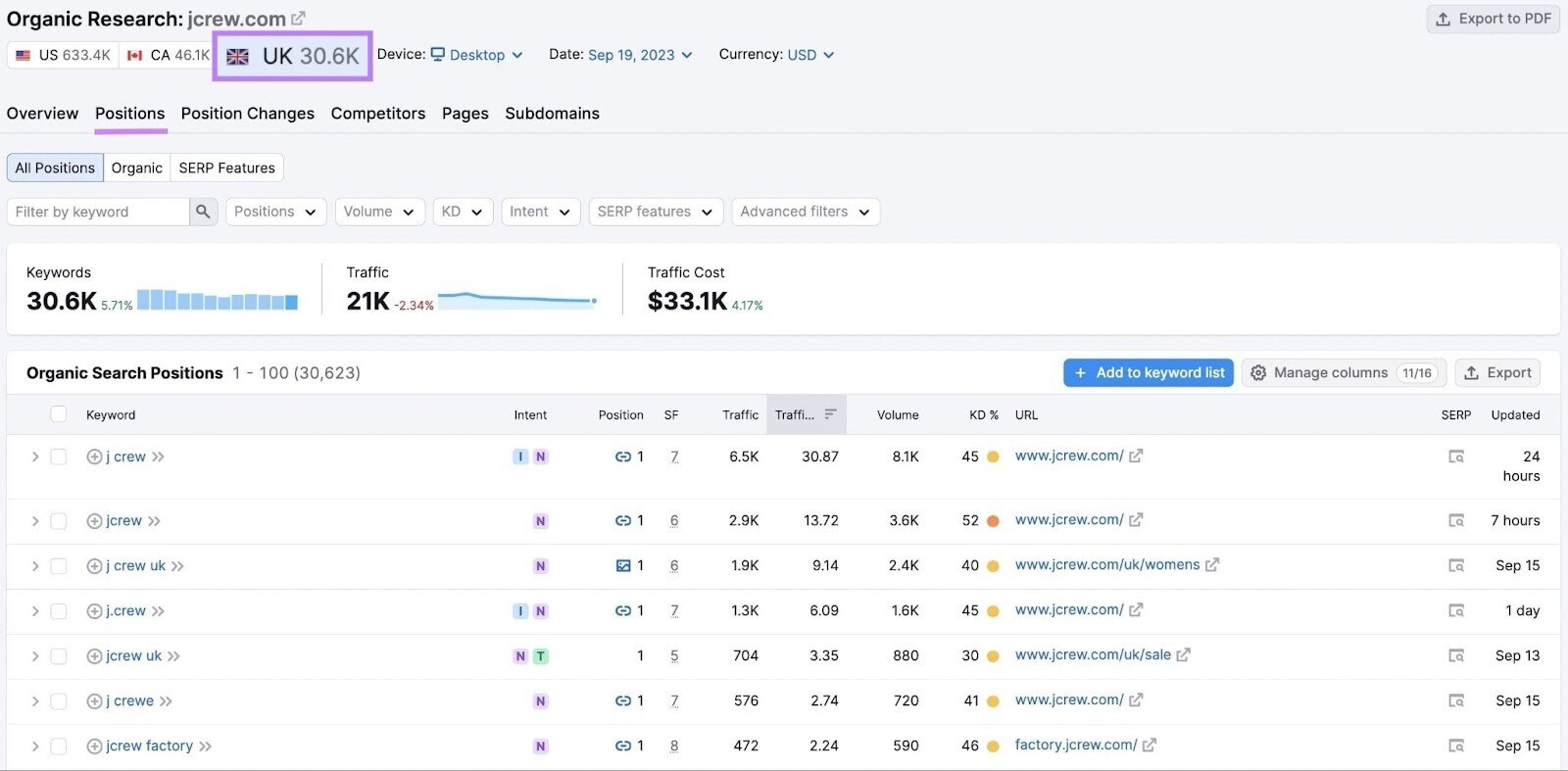Navigating the Digital Landscape: Leveraging International SEO for Cross-Border Success
In today's interconnected digital world, services are progressively looking past borders to take advantage of global markets. Leveraging search engine optimization (SEARCH ENGINE OPTIMIZATION) strategies customized for global audiences is critical for achieving cross-border success. The intricacy of browsing the electronic landscape on a worldwide range demands a nuanced strategy, from comprehending the principles of International SEO to executing geotargeting and multilingual search phrase methods. As firms make every effort to expand their reach and visibility across various territories, maximizing web site frameworks and monitoring cross-border performance become important elements of an effective worldwide SEO approach.
Comprehending International SEO Principles
Navigating the details of worldwide SEO needs a strong grasp of basic principles to successfully expand on the internet visibility across boundaries. One important facet of worldwide Search engine optimization is comprehending the relevance of localization.
Additionally, having a clear understanding of geo-targeting is necessary. This involves suggesting to online search engine the particular nations or areas a site is targeting. Applying hreflang tags is one way to interact this details, guaranteeing that the right variation of a webpage appears in the search results page for an individual in a particular area.
Additionally, comprehending the effect of regional search engines and social networks systems is essential for international SEO success. For instance, while Google is dominant in numerous regions, nations like China have their very own internet search engine like Baidu, calling for tailored strategies for each platform to maximize online visibility.

Targeting Multilingual Key Phrase Methods
Developing multilingual keyword approaches is necessary for efficiently getting to diverse international target markets and taking full advantage of online exposure across various linguistic areas. When targeting multilingual search phrase approaches, it is crucial to perform extensive research study to comprehend the specific search terms and expressions used by the target market in each linguistic region. This includes not only equating search phrases yet likewise taking into consideration social nuances, regional languages, and search patterns distinct to each target audience.
To create a successful multilingual key words method, it is necessary to prioritize significance and search intent. Key words must align with the material on the website and reverberate with the cultural context of the target market. Using tools such as Google Key Phrase Planner, SEMrush, or Ahrefs can aid recognize high-performing keywords in different languages and evaluate their search quantity and competition level.
In addition, tracking and examining the performance of multilingual search phrases frequently is necessary for maximizing and improving the method in time. By continually adjusting to modifications in search habits and trends, businesses can enhance their on-line presence and draw in more global website traffic to their websites.
Applying Geotargeting and Hreflang Tags
When intending to enhance international search engine optimization techniques, integrating geotargeting and hreflang tags is crucial for maximizing site presence throughout various areas. Geotargeting involves customizing web content to certain areas, guaranteeing that individuals in various areas receive pertinent information. By executing geotargeting, services can improve their neighborhood search positions and bring in region-specific web traffic.

Optimizing Internet Site Structure for International Presence
To further boost global SEO strategies past geotargeting and hreflang tags, enhancing the site framework is vital for achieving global presence and taking full advantage of reach across different regions. A well-structured internet site not just enhances customer experience however likewise facilitates internet search engine crawlers in comprehending the material and context of the site. When going for global presence, it is vital to make sure that the website is organized in a rational manner that provides to users from various nations. Executing a clear power structure with unique categories and subcategories can assist in enhancing the site's navigation and user-friendliness.
Additionally, creating language-specific subdirectories or subdomains can assist online search engine supply the right version of the web site to customers based discover this on their language preferences, additionally boosting the total user experience. Furthermore, maximizing link structures to include relevant key phrases and geotargeted terms can boost the site's visibility in different regions. By structuring the site successfully for international target markets, organizations can increase their chances of attracting worldwide web traffic and broadening their reach throughout boundaries.

Monitoring and Analyzing Cross-Border Efficiency
Effective surveillance and studying of cross-border performance is vital for evaluating the success of global SEO approaches visit site and determining possibilities for enhancement in international reach and exposure. By very closely tracking essential efficiency signs (KPIs) throughout various markets, organizations can gain beneficial insights right into the effectiveness of their cross-border search engine optimization initiatives. Keeping an eye on metrics such as natural web traffic, keyword positions, conversion rates, and bounce rates can give an extensive sight of how well a web site is executing in different areas.
By contrasting performance across different nations, areas, or languages, companies can pinpoint successful approaches and localize content to much better cater to specific target audiences (International SEO). Normal evaluation of SEO performance on an international range ensures that firms can adjust their techniques rapidly to exploit on emerging opportunities and maintain a competitive edge in international markets.
Verdict
In conclusion, international SEO plays a critical duty in accomplishing cross-border success by enhancing sites for global presence, targeting multilingual search phrase approaches, carrying out geotargeting and hreflang tags, and keeping track of cross-border performance. By recognizing the basics of international search engine optimization and enhancing website frameworks appropriately, businesses can properly reach and involve with their target audiences throughout various regions and languages. This critical method is essential for increasing market reach and driving online development in today's digital landscape.